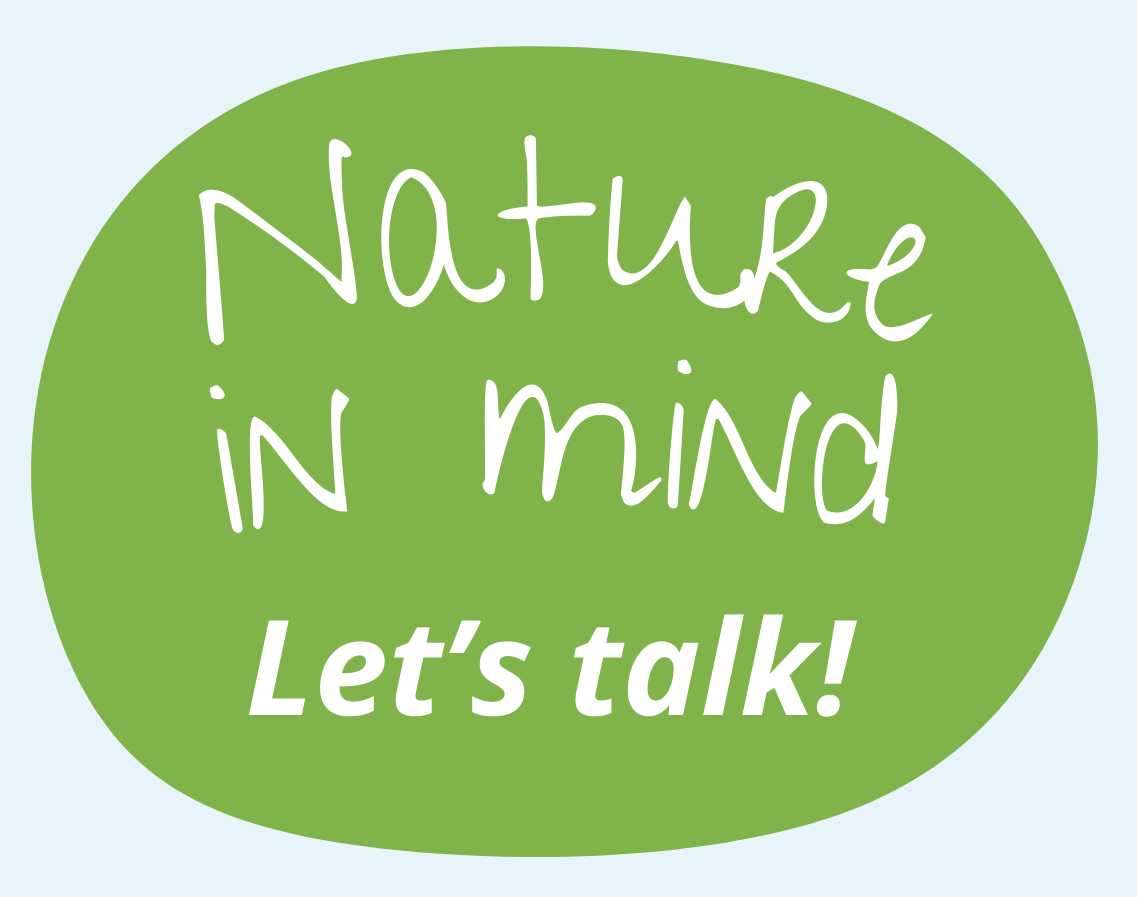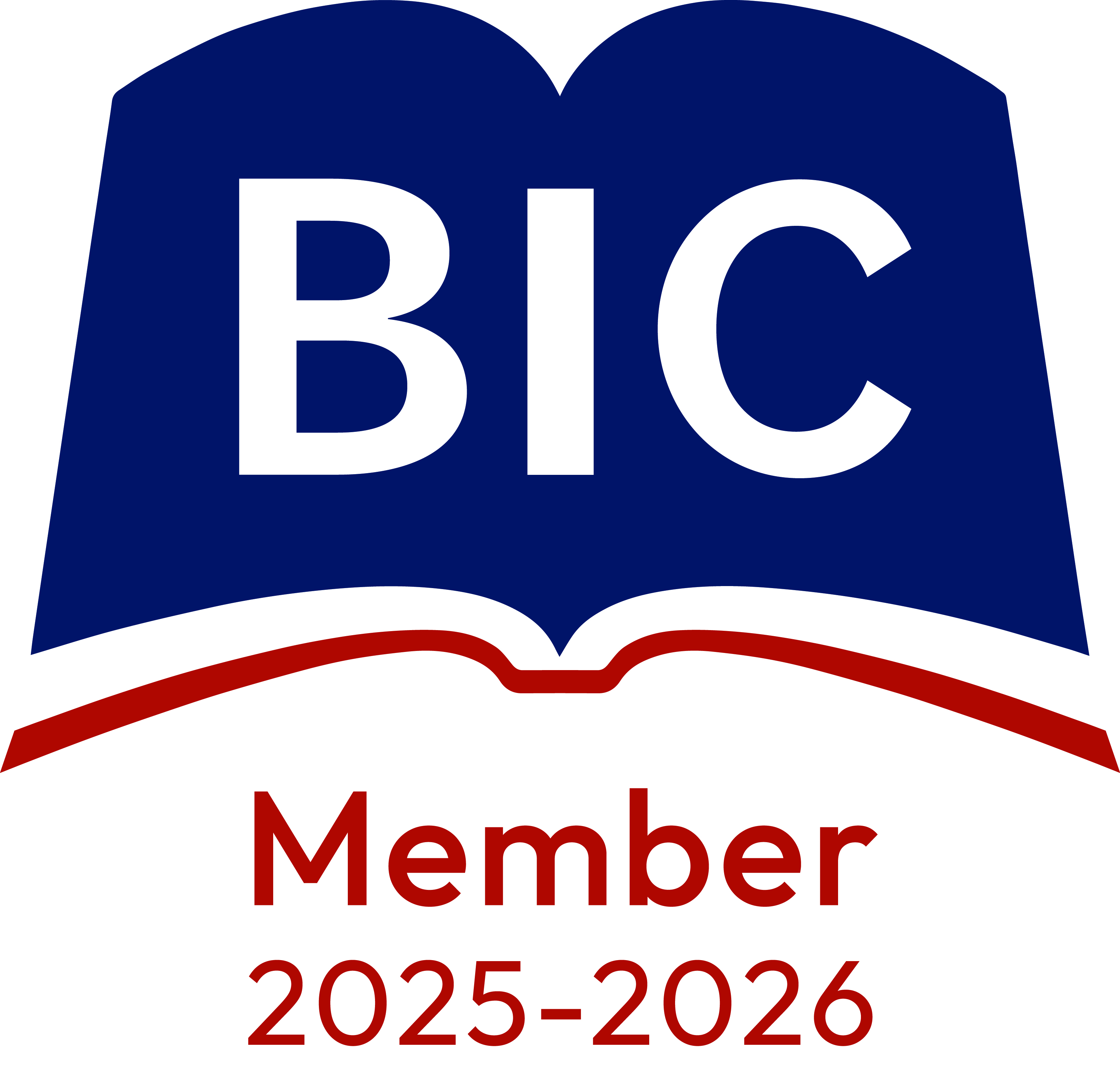For help, advice and telephone ordering call our team on 0121 666 6646
Are you sure you wish to delete this basket?()
This action cannot be undone.
Sorry, something went wrong
Please report the problem here.
Nature in mind: animals and mindfulness with author Ruth Doyle and illustrator Alexandra Finkeldey
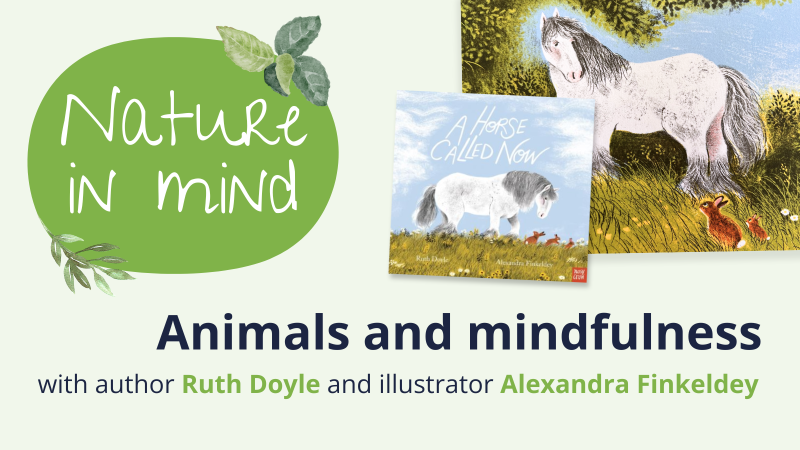
February 6th 2024
This February, we're launching our mini blog series, Nature in mind. Each blog will highlight a recent picture book release which celebrates the relationship between our mental wellbeing and the outdoors. We'll be joined by the authors and illustrators behind these picture books, who talk to us about their creative and personal inspirations, as well as offer advice to your pupils (and colleagues!) about connecting with nature to help improve mental health.
Our first book is A Horse Called Now, a sweet and calming story about a horse who supports her animal companions through their worries, and helps them appreciate the present moment. It is an ideal title for discussing mindfulness or anxiety with your pupils. In this blog, we asked author Ruth Doyle and illustrator Alexandra Finkeldey about the important animal companions in their lives, and how writing and illustrating helps ground them in the here and now.
|
What spread in the book made you feel the most peaceful when illustrating it?The spread where Now and her companions are watching the storm from inside the barn was the most peaceful for me. I love the contrast of the turbulent, stormy sky against the calm interior.
|
Make a list of the 'tiniest blinks of magic' you and your pupils notice throughout the day.
Ask your pupils if they have any special relationships with animals - whether that is a pet, or a favourite animal.
How does this animal make them feel?
Carry on the conversation about mindfulness and animal relationships with these recommendations:
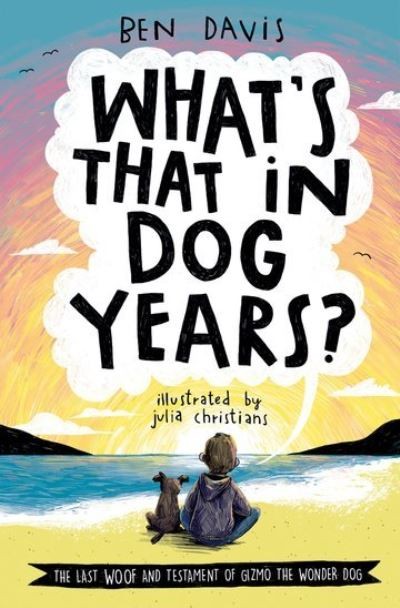 |
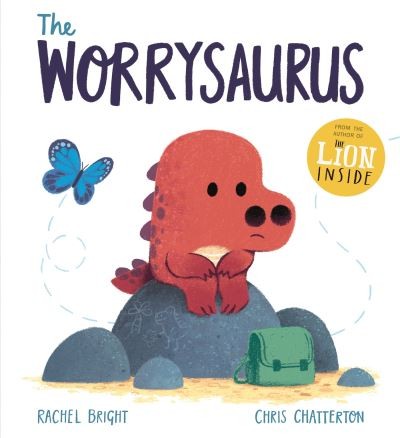 |
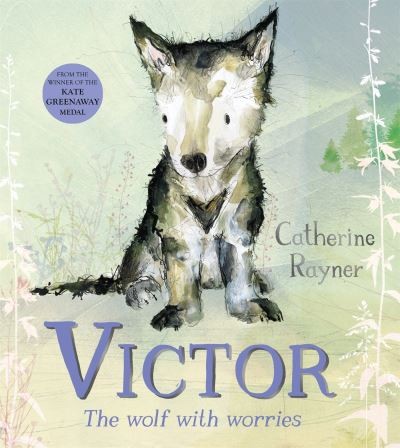 |
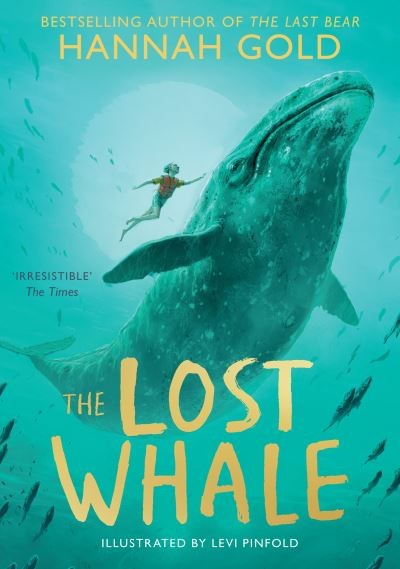 |
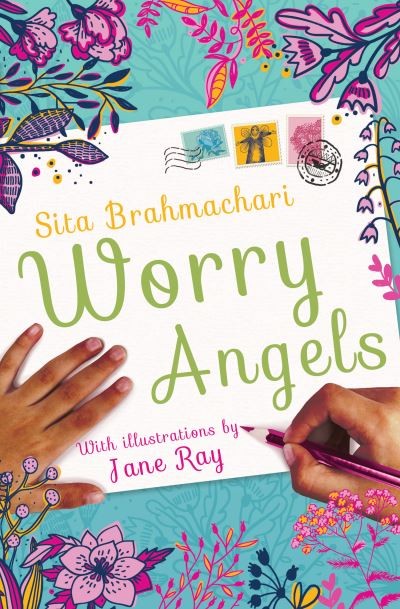 |
see all children's mental health recommendations |
📚 READ NEXT: HELP YOUR PUPILS EXPRESS THEIR WORRIES WITH THE WORRY JAR

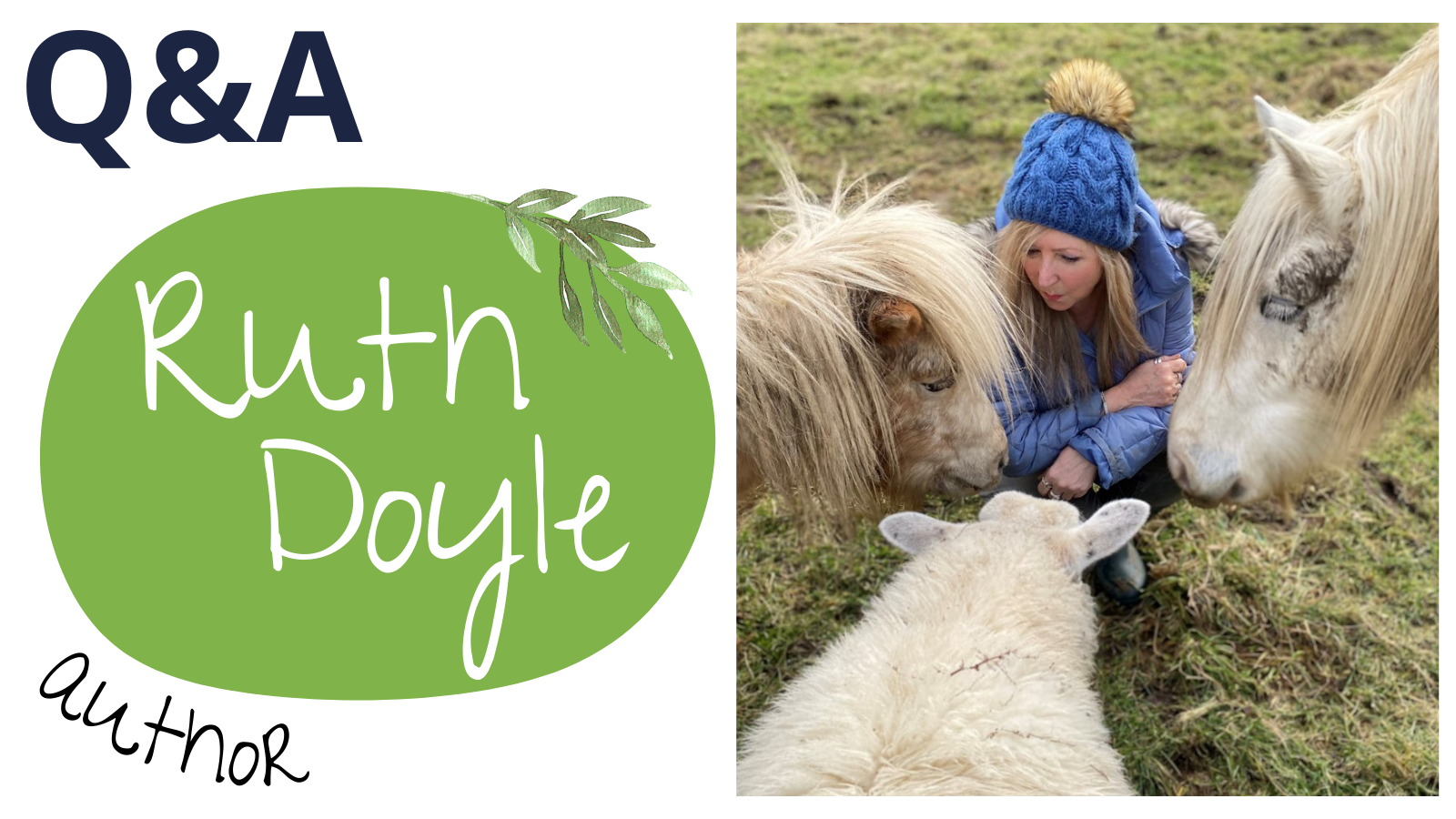
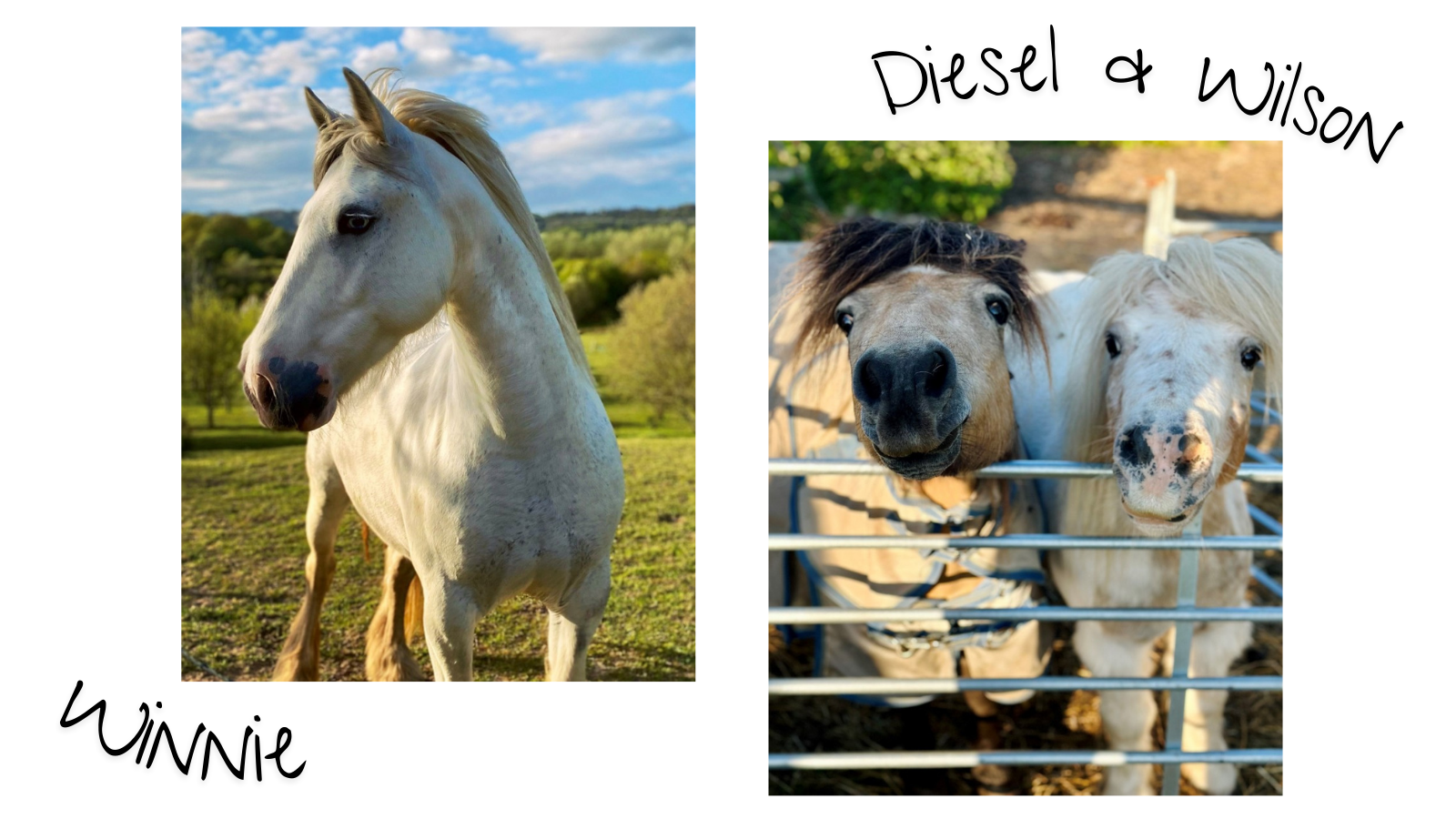
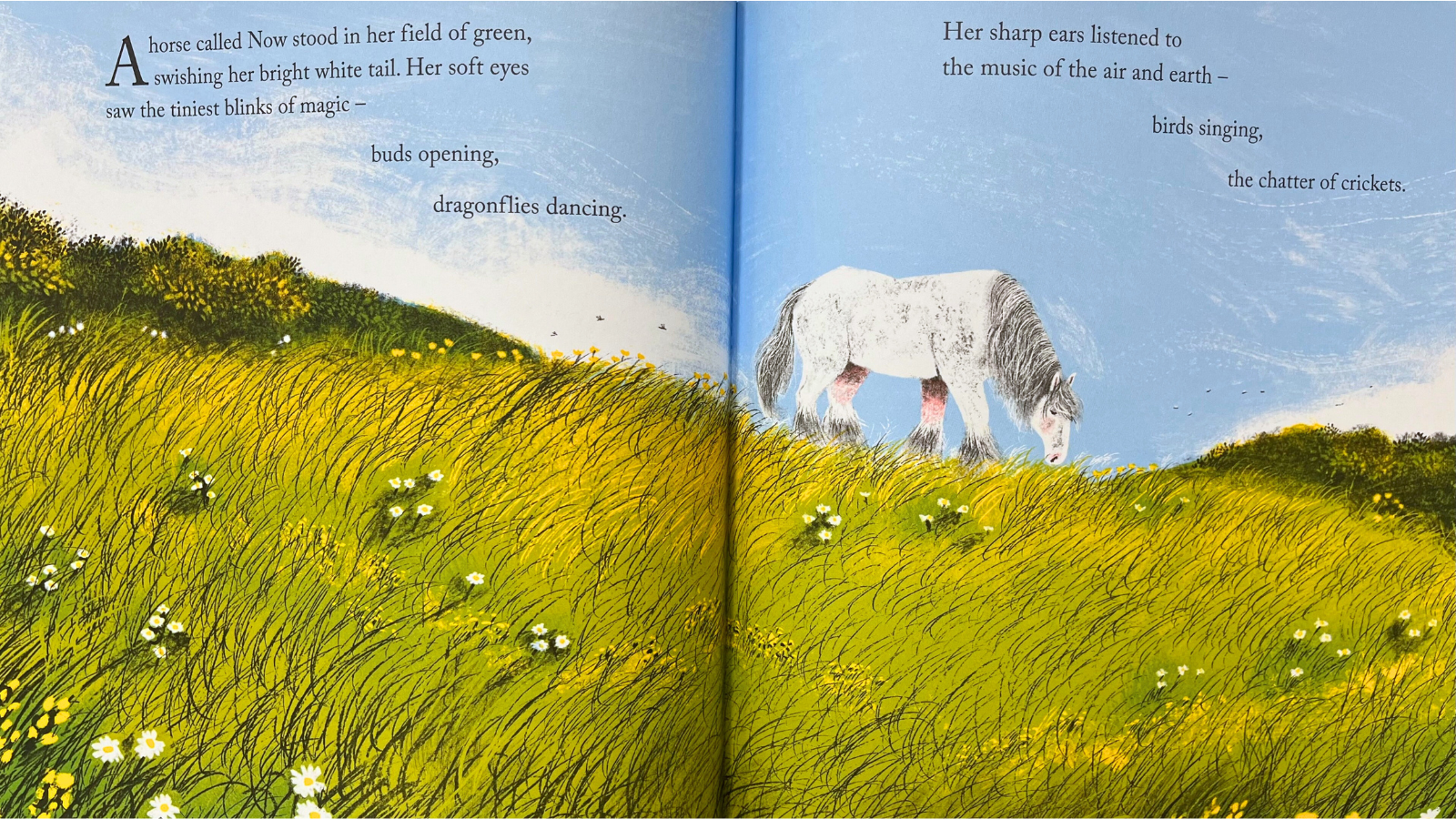 Illustration by Alexandra Finkeldey. What 'tiniest blinks of magic' will you notice today?
Illustration by Alexandra Finkeldey. What 'tiniest blinks of magic' will you notice today?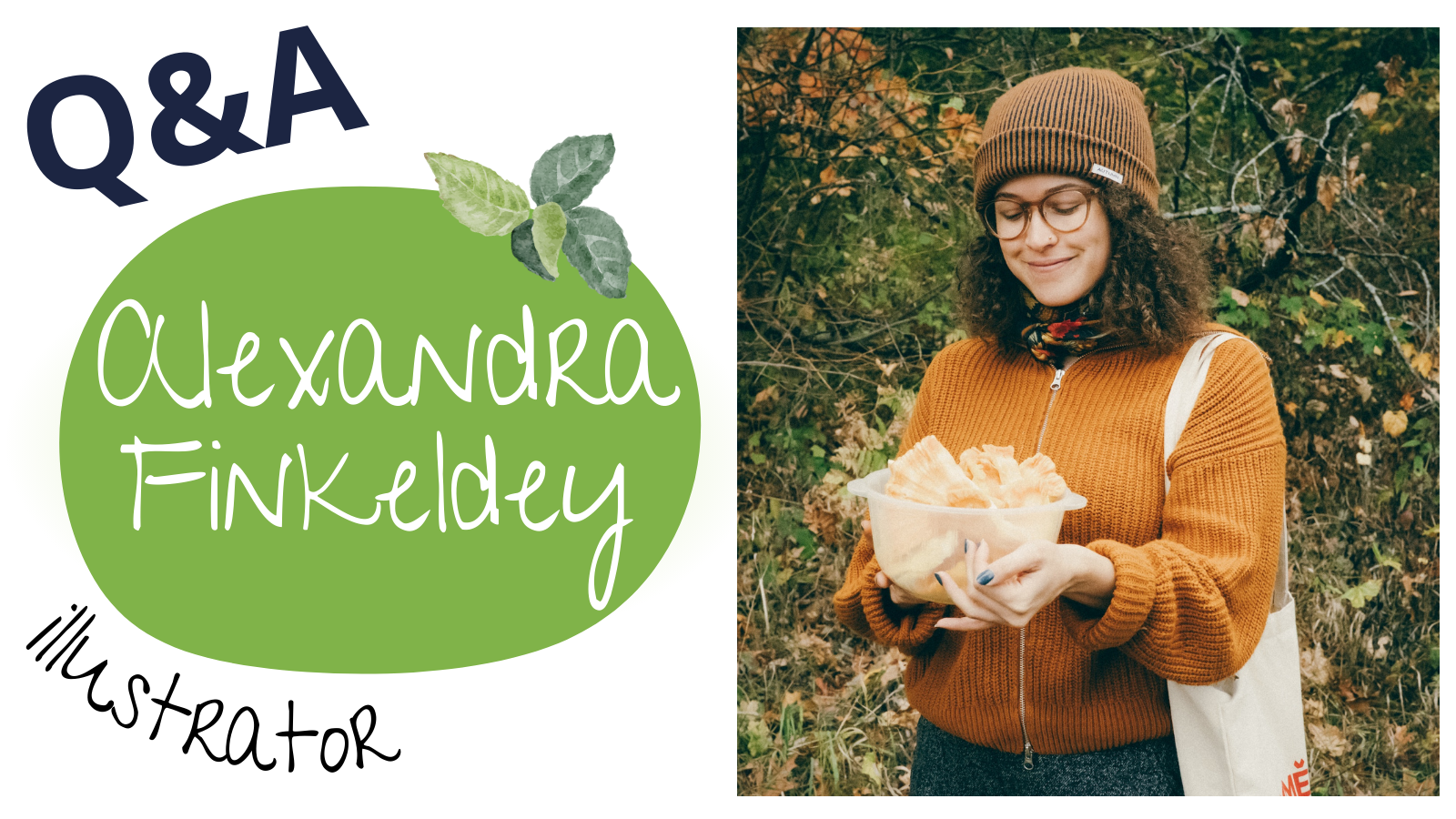
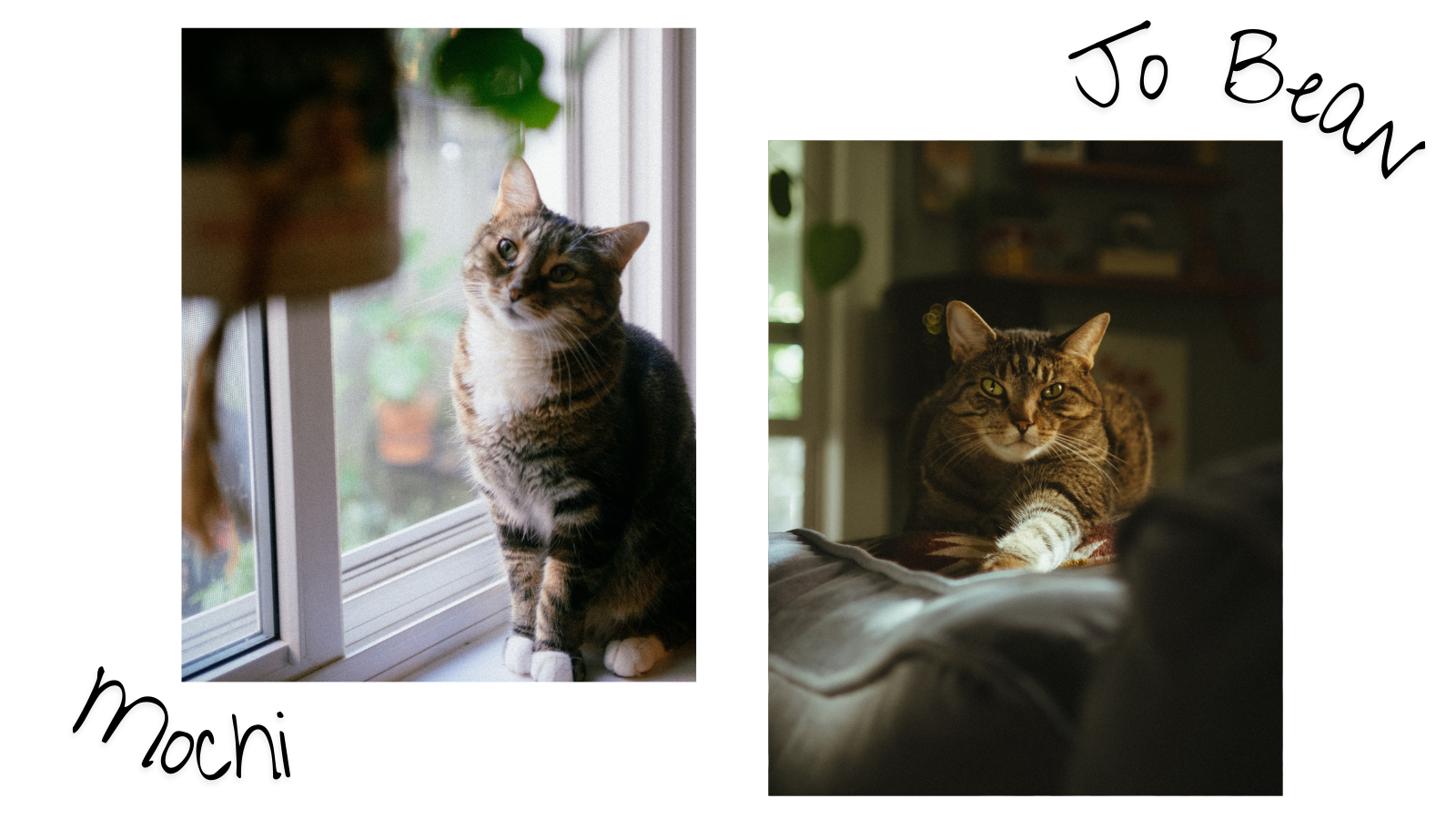
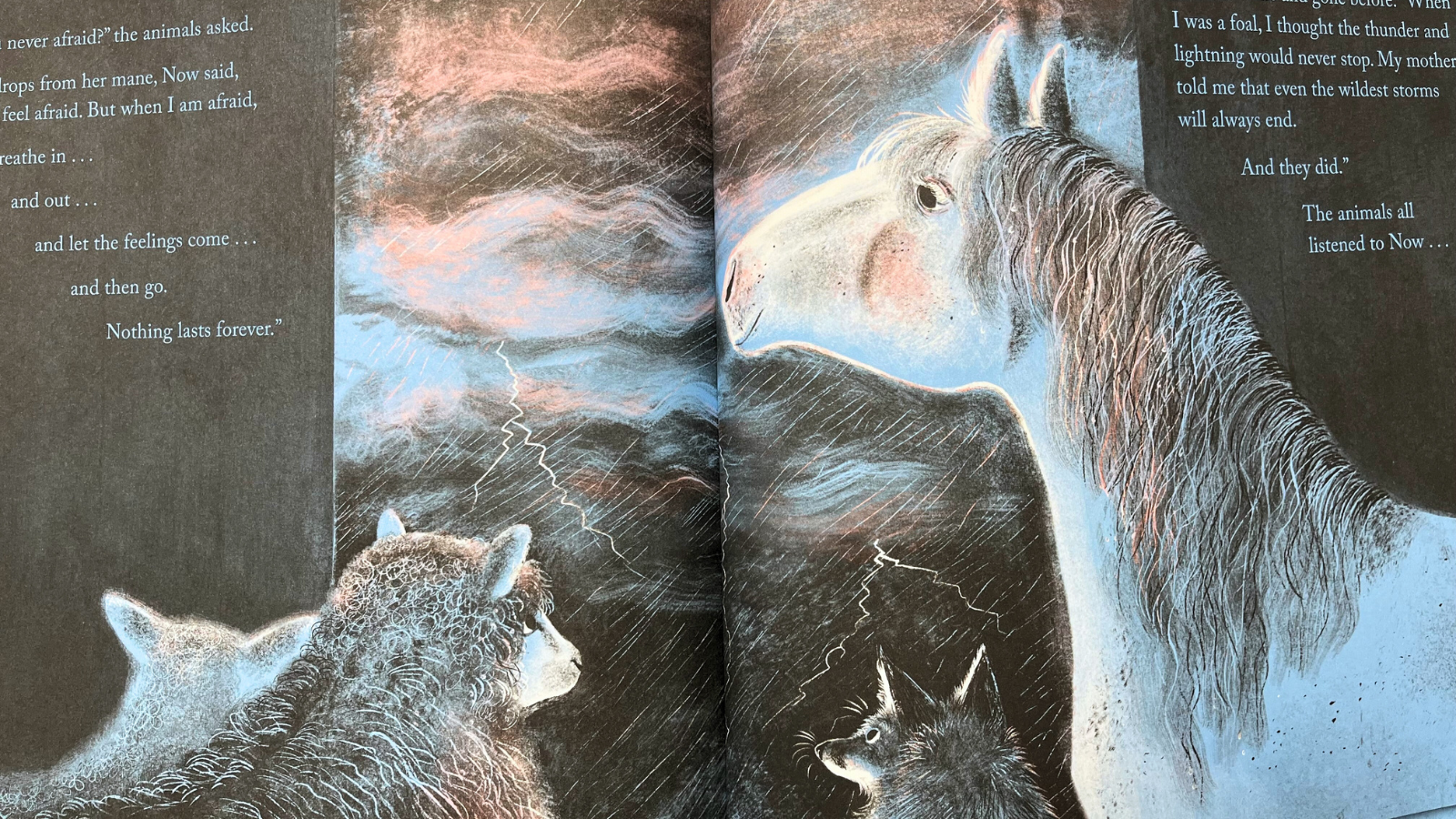 Illustration by Alexandra Finkeldey. Today, give yourself a calm moment to breathe and observe.
Illustration by Alexandra Finkeldey. Today, give yourself a calm moment to breathe and observe.